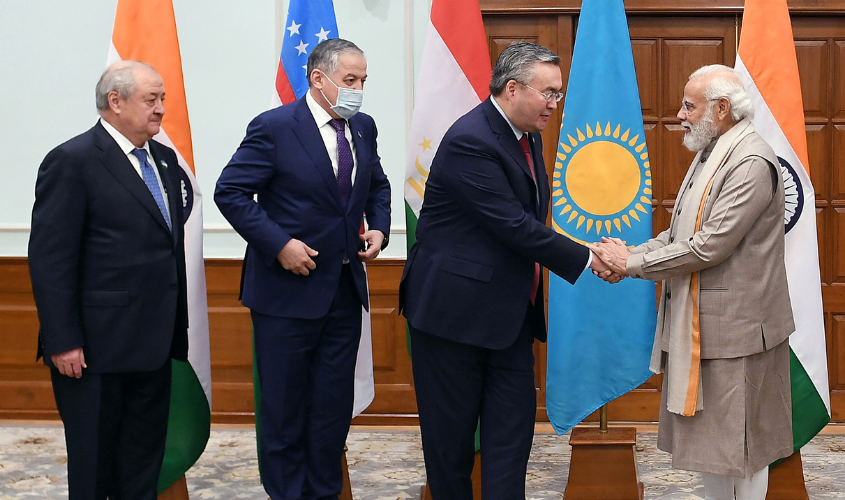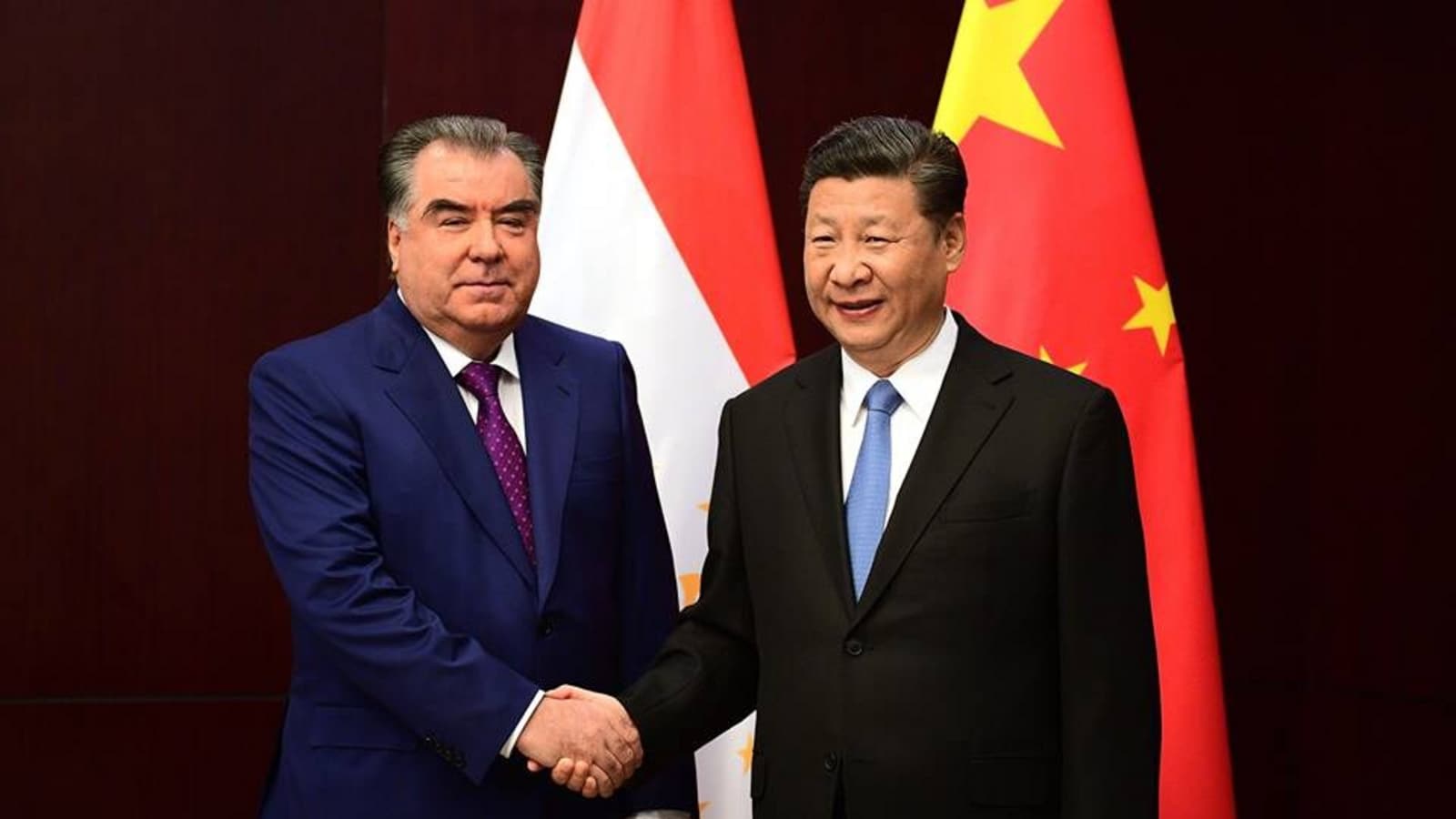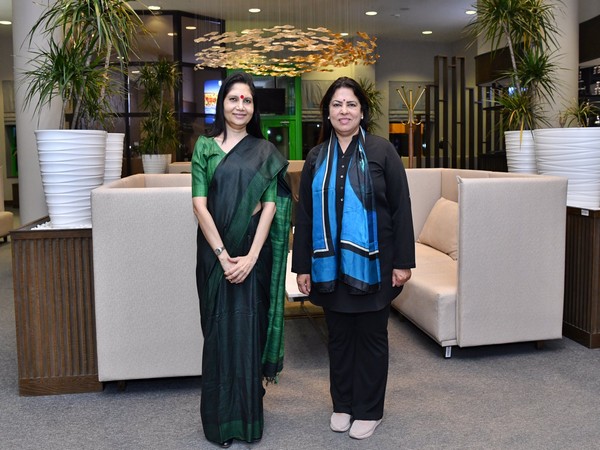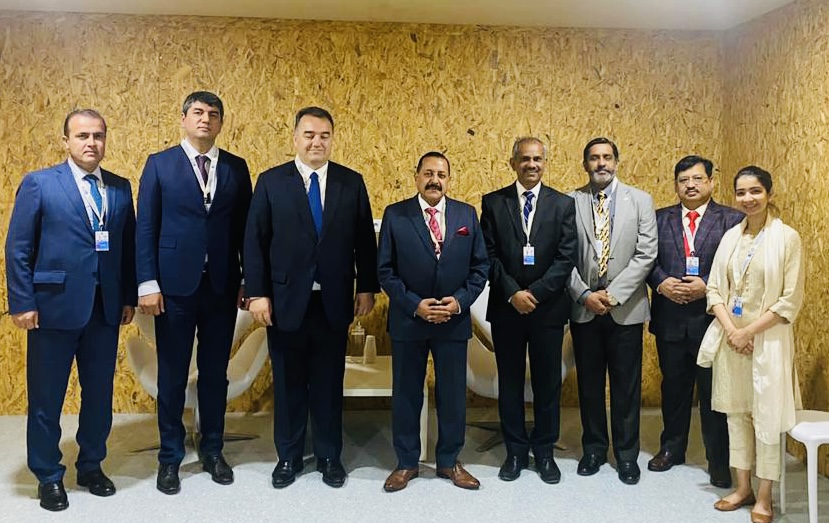India, Central Asia to form working group on Afghanistan, TAPI pipeline talks back on table
New Delhi: In their first-ever summit meeting held Thursday, India and the five Central Asian countries of Tajikistan, Kazakhstan, Uzbekistan, Turkmenistan and Kyrgyz Republic have decided to form a joint working group on Afghanistan, while agreeing to a “common approach” when dealing with the Taliban regime there.
The summit took place virtually between Prime Minister Narendra Modi and President of Kazakhstan Kassym-Jomart Tokayev, President of Kyrgyz Republic Sadyr Japarov, President of Tajikistan Emomali Rahmon, President of Turkmenistan Gurbanguly Berdimuhamedov and President of Uzbekistan Shavkat Mirziyoyev.
While Modi was the first prime minister of India to visit all five
Central Asian countries in 2015 in an effort to bolster trade, connectivity and energy ties with them as part of India’s “extended neighbourhood”, the region came much closer strategically for New Delhi after the Taliban takeover of Afghanistan in August 2021.
“We all are concerned about the Afghan situation and this makes cooperation between India and Central Asia all the more important for regional stability and security,” Prime Minister Modi said in his remarks at the summit Thursday.
According to the joint statement — Delhi Declaration of the 1st India-Central Asia Summit — it was decided during the meeting that a joint working group particularly focussed on Afghanistan and the evolving situation there will be established at the level of senior officials.
It was also decided at the meeting to focus on connectivity and trade amongst the nations and to resume talks for the proposed Turkmenistan-Afghanistan-Pakistan-India (TAPI) pipeline project.
‘Consensus on inclusive govt in Afghanistan’
“The Leaders discussed the current situation in Afghanistan and its impact on the security and stability of the region. They reiterated strong support for a peaceful, secure and stable Afghanistan, while emphasising the respect for sovereignty, unity and territorial integrity and non-interference in its internal affairs,” the joint statement said.
It also said that India and the Central Asian countries “noted that there is a broad ‘regional consensus’ on the issues related to Afghanistan, which includes formation of a truly representative and inclusive government, combating terrorism and drug trafficking, central role of the UN, providing immediate humanitarian assistance for the people of Afghanistan and preserving the rights of women, children and other national ethnic groups and minorities.”
At the meeting Uzbekistan said it will be holding a high-level International Conference on Afghanistan under the aegis of the Shanghai Cooperation Agreement (SCO) in July this year in Tashkent.
Focus on connectivity, trade
India and the Central Asian member countries of the International North-South Transport Corridor (INSTC) as well as the Ashgabat Agreement on International Transport and Transit Corridor called upon the other Central Asian countries to consider joining the connectivity initiatives for boosting trade and economic cooperation, according to the joint statement.
This, the leaders decided, would be done keeping the ongoing Chabahar port in Iran at the main transit hub. They also decided to include Turkmenistan’s Turkmenbashi port on the Caspian Sea within the framework of the INSTC.
“The Indian side welcomed the interest of Central Asian countries to utilise the services of Shahid Beheshti Terminal at Chabahar port for facilitating their trade with India and other external markets,” the statement said.
It added, “The sides agreed to continue engagement for further developing the transit and transport potential of their countries, improving the logistics network of the region and promoting joint initiatives to create regional and international transport corridors. The Central Asian countries welcomed the proposal of India to establish a joint working group on Chabahar port to address issues of free movements of goods and services between India and Central Asian countries.”
Importance of TAPI pipeline
According to Reenat Sandhu, secretary (west), Ministry of External Affairs, the president of Uzbekistan proposed the resumption of talks for the proposed Turkmenistan-Afghanistan-Pakistan-India (TAPI) pipeline project, underlining its importance.
“It is understood that discussions are ongoing at the level of consortium partners with respect to the business principles of this project,” she told the media at a special briefing on the summit.
Earlier this month,
Turkmenistan announced that it will give a renewed push to the long-pending TAPI project in March and has been also discussing its prospects with the Taliban regime in Kabul.
The Taliban government has also said it will
deploy 30,000 troops to carry out the work on laying the TAPI gas pipeline.
Conceived in the 1990s, the TAPI project entails setting up of a 1,814-km long trans-country pipeline. Through it, it is projected that India will be receiving 33 billion cubic meters of gas from Turkmenistan.
The leaders also decided that the summit will now be held every two years. The next India-Central Asia Summit is scheduled to be held in 2024, said Sandhu.
The first-ever summit between India and Tajikistan, Kazakhstan, Uzbekistan, Turkmenistan and Kyrgyzstan also focuses on connectivity and trade. The next summit is slated for 2024.

theprint.in














